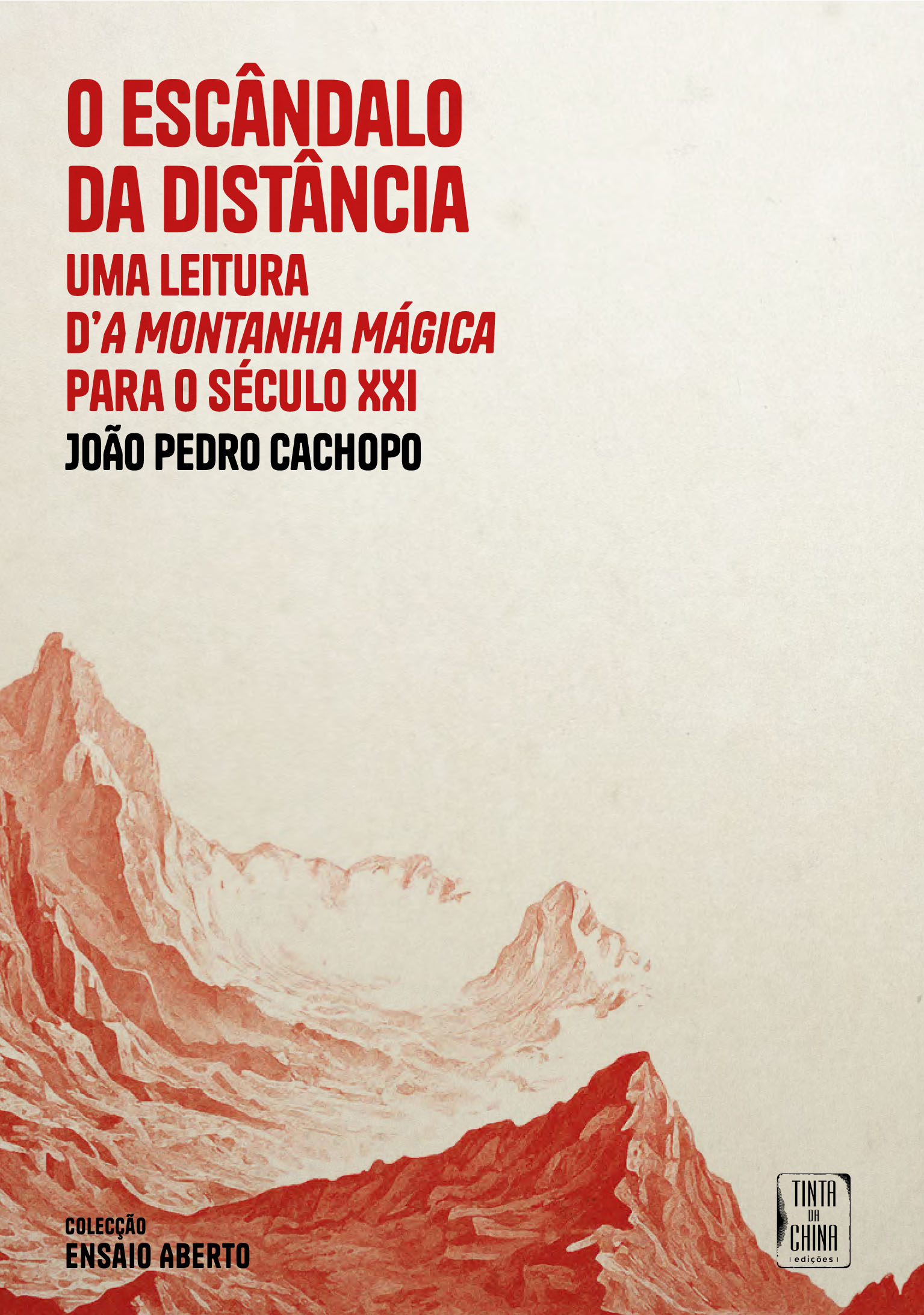O Escândalo da Distância
Much has been written about the philosophical nature of The Magic Mountain by Thomas Mann. Discussions often focus on Hans Castorp’s learning journey, the debates between Settembrini and Naphta, and the young protagonist’s encounter with the enigmas of time, love, and death. However, judging by the depiction of the alpine sanatorium where the meditative and lethargic protagonist spends seven years of his life, the point seems to be missed. If The Magic Mountain is a philosophical book, it is not because of its themes, but because it dramatizes a reflection on the advantages and disadvantages of distance for thought.
Is distance—symbolized by the mountain—an incentive to reflection? Or is it a pretext for inaction, a justification for indifference, withdrawal, or even cowardice?
And what is the alternative? A return to the business and wars of the lowlands? What constitutes the proper distance? Today, in times of technological acceleration, political radicalization, and imminent war, this question—which was Mann’s—is also ours.
O Escândalo da Distância: uma leitura d’A Montanha Mágica para o século XXI, by João Pedro Cachopo, is one of the works included in the “Ensaio Aberto” book series, a partnership between NOVA FCSH and PUC-Rio.
Ensaio Aberto series
In Western tradition, there was a certain assumption of separation between Philosophy and Literature, resulting in a historical understanding that divided, on one hand, the mind, reflection, or reason, and on the other hand, the body, creation, or emotion. Thus, the possibility of a knowledge that, instead of separating, brought Philosophy and Literature closer together was lost. One might ask: don’t writers philosophize, and don’t philosophers write? The essays in this series emerged from the desire to explore how, despite the well-known metaphysical critique that Philosophy directed towards Literature, they never ceased to draw closer.


